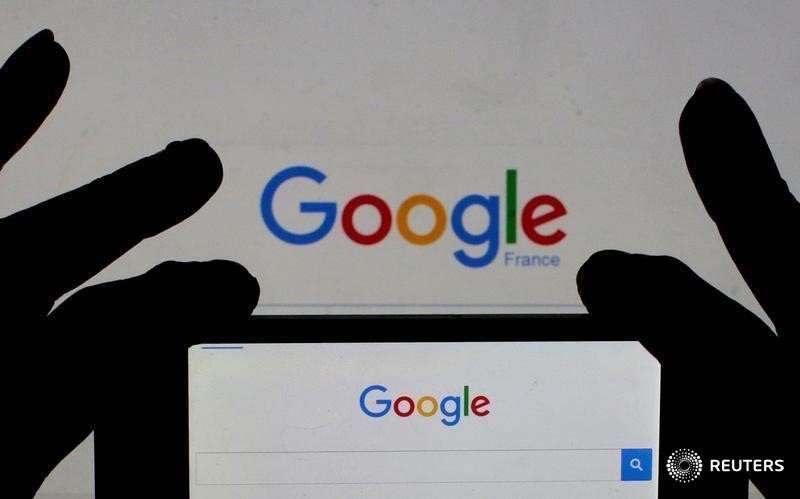This post was originally published on this site
https://i-invdn-com.investing.com/trkd-images/LYNXMPEJ5P0I2_L.jpg
WASHINGTON (Reuters) – The U.S. Supreme Court on Monday declined to hear a bid by website Genius to revive its lawsuit accusing Alphabet’s (NASDAQ:GOOGL) Google of misusing its transcripts of song lyrics in search engine results without a license.
The justices turned away an appeal by Genius of a lower court’s decision blocking its breach-of-contract claims against Google. Genius had argued that a win for Google could allow big tech companies to steal content without repercussions from websites such as Reddit, eBay (NASDAQ:EBAY) and Wikipedia that aggregate user-created information.
Genius, formerly known as Rap Genius, maintains a vast database of song lyrics. It sued Google in New York state court in 2019, accusing it of copying and posting its lyrics transcripts at the top of search results without permission, diverting web traffic that should have gone to the Genius site.
Genius does not hold copyrights in the lyrics, which usually belong to the artists or publishers. But it accused Google of violating its terms of service by stealing and reposting its work.
The lawsuit stated that one of the first Google posts it suspected as copying involved the lyrics for the song “Panda” by the rapper Desiigner.
“I got broads in Atlanta,” part of the song’s lyrics read. “Twistin’ dope, lean, and the Fanta. Credit cards and the scammers. Hittin’ off licks in the bando.”
Genius also cited songs by rapper Kendrick Lamar and pop singers Selena Gomez and Alessia Cara that it allegedly caught Google copying through the use of watermarks.
It said in its petition for Supreme Court review that it included a distinctive pattern of curly and straight apostrophes in transcriptions for some new songs that spelled out ‘RED HANDED’ in Morse code.
“Sure enough, Genius caught Google with its hand in the cookie jar: The ‘RED HANDED’ message soon began to appear in the lyrics in Google’s information boxes,” Genius told the justices.
The New York-based 2nd U.S. Circuit Court of Appeals in 2022 upheld a ruling that the Genius breach-of-contract claims were based on copyright concerns and could be pursued only in a copyright lawsuit.
Genius said in its appeal to the Supreme Court that the 2nd Circuit’s ruling would give “behemoths like Google” a free pass to “vacuum up content and increase their internet dominance.”
Google told the high court that it holds licenses to the lyrics and argued that Genius wants to “ignore the true copyright owners and invent new rights through a purported contract.”
President Joe Biden’s administration recommended in May that the justices turn down the appeal.

